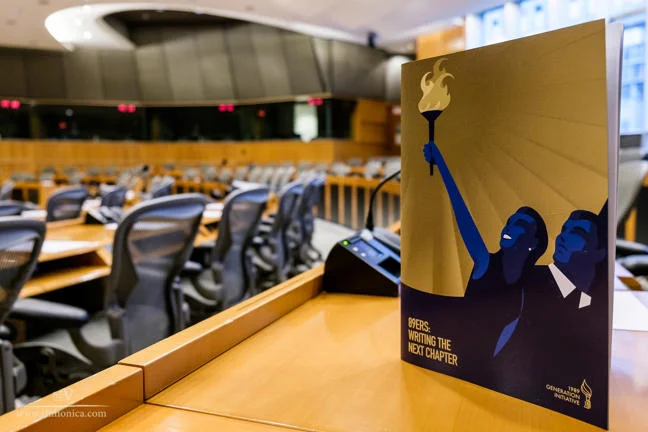Dr Michael Cottakis
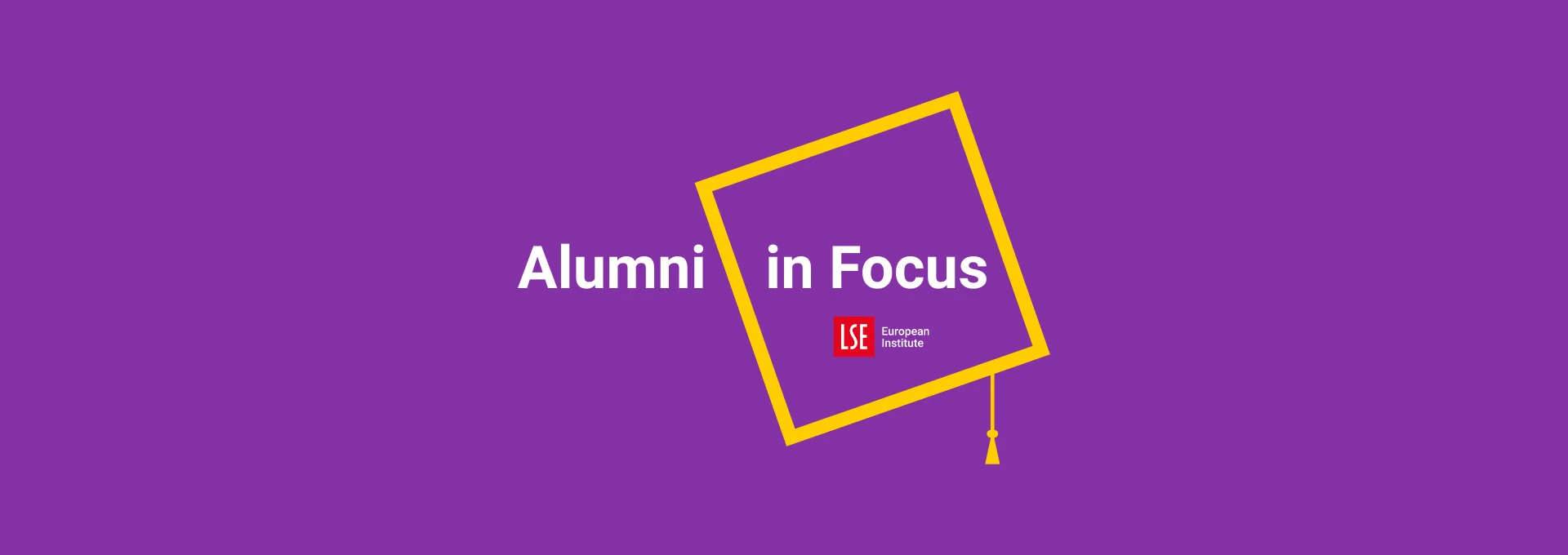
Alumni in Focus
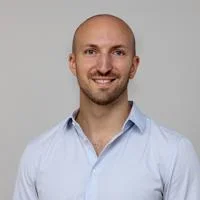
Michael Cottakis
Class of 2015, MSc European Studies
Class of 2023, MPhil/PhD European StudiesCEO of 89 Global, a boutique consultancy that grew out of the 89 Initiative - a think-do tank that Michael co-founded with his peers as an MSc student in the European Institute
There are very few alumni who can boast such a long and varied career in our department as Dr Michael Cottakis. From master’s student to PhD candidate to research assistant to EU450 workshop facilitator, Michael truly embodies the European Institute’s spirit of enquiry, collegiality, and community. Ten years on, after first stepping foot at LSE, we caught up with Michael about his incredible journey and featured the below interview as our "Alumni Spotlight" in our recent 2024/25 Annual Report.
Could you tell us more about your academic and professional journey at the European Institute?
Dr Michael Cottakis: My journey at the EI started in 2015 with a then called, MSc in Politics and Government in the EU (our current MSc in European and International Politics and Policy), where I focused on the international relations stream. The head of the EI was the late Maurice Fraser, who was a great initial inspiration. After graduating in 2016, I stayed on as a Research Assistant at the Hellenic Observatory, working closely with Professor Kevin Featherstone on his own research. A year later, I took on a role as Research Officer working with the Generation Brexit project, an initiative led by Dr Jennifer Jackson Preece aimed at getting young people involved in debates about Brexit and Britain’s future place in Europe.
In 2018, I started my PhD at the EI under the supervision of Professor Kevin Featherstone and Professor Saul Estrin (Management Department), completing and submitting this in 2023. My PhD was under the umbrella of ‘European Studies,’ but in reality it was a historical study of entrepreneurship dynamics in Greek and Turkish port cities from the late Ottoman empire onwards.
In parallel to the above, I co-founded, and have been the Director of, the 89 Initiative whilst I was an MSc student within the EI. Maurice Fraser and others helped facilitate this initiative which originally sought to involve students and young people in policy debates about the future of Europe, before becoming a fully-fledged think tank. In its formative years, the 89 Initiative was based at the European Institute.
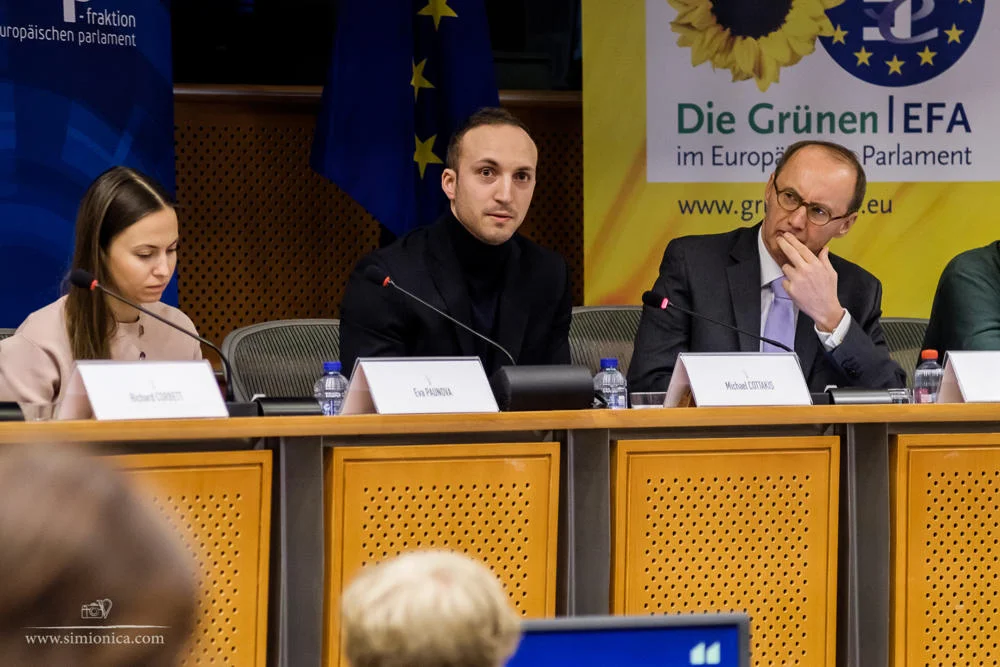
I was drawn to the European Institute because of its reputation for teaching and academic excellence. However, I was also impressed by the centrality of the EI within major European policy debates, something borne witness to by its unparalleled offering of public lectures and events.
Congratulations on obtaining your PhD! What initially drew you to the European Institute for your master’s degree and then your PhD?
Michael: I was drawn to the European Institute because of its reputation for teaching and academic excellence. However, I was also impressed by the centrality of the EI within major European policy debates, something borne witness to by its unparalleled offering of public lectures and events. The interest in applying research methods to solving real-world policy challenges separates the EI from other comparable universities and certainly attracted me to study there. I did not initially plan to do a PhD. However, after doing research work on several interesting academic projects, a PhD seemed an appropriate next step. I was lucky to have a fine mentor in Professor Kevin Featherstone, who helped me understand what was truly of academic interest to me, and to hone my initial idea and proposal.
My PhD sought to understand the long-term spatial persistence of entrepreneurship in the eastern Mediterranean, focusing principally on the port cities Thessaloniki and Izmir. Perhaps because my family comes from the East Aegean island of Chios, each of my undergraduate, Msc, and PhD dissertations have involved a geographical focus on the same region. I am endlessly stimulated by the history - social, economic, and political - of this part of the world, a liminal space where East and West appear to mingle in perfect synthesis, but one which is near-constantly beset by violence, crisis, and rupture.
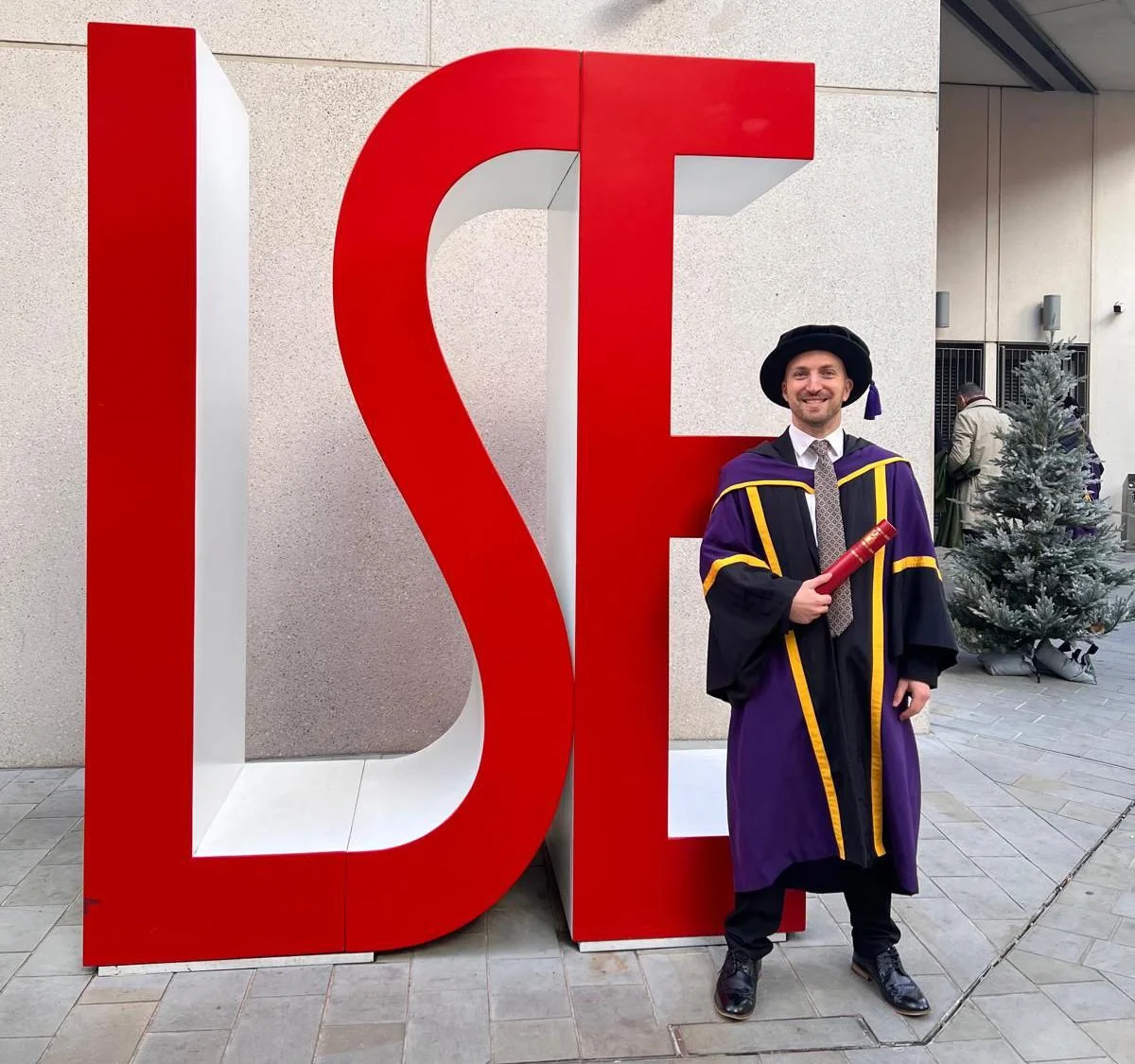
What role would you say the European Institute has played in your career?
Michael: The EI has been seminal in my career. Doing two degrees here afforded me greater intellectual depth, whilst honing a wider sense of professional purpose. The people I have met throughout my time at the EI have been a constant inspiration. I have named one or two in this interview, but there are innumerable others. I am particularly indebted to the EI for having allowed me to launch and incubate the 89 Initiative. This was an organisation that I built - with several others - and turned into an exciting and rewarding career. Had the EI not been so supportive of the idea, allowing us to register our legal address there, organise events and public lectures under the EI umbrella, and partner on EI research projects, it is doubtful whether the project would have gotten off the ground. Thanks in large part to its EI association, the 89 Initiative became a successful think tank, before evolving into an international consulting firm, 89 Global, which I now represent as the CEO.
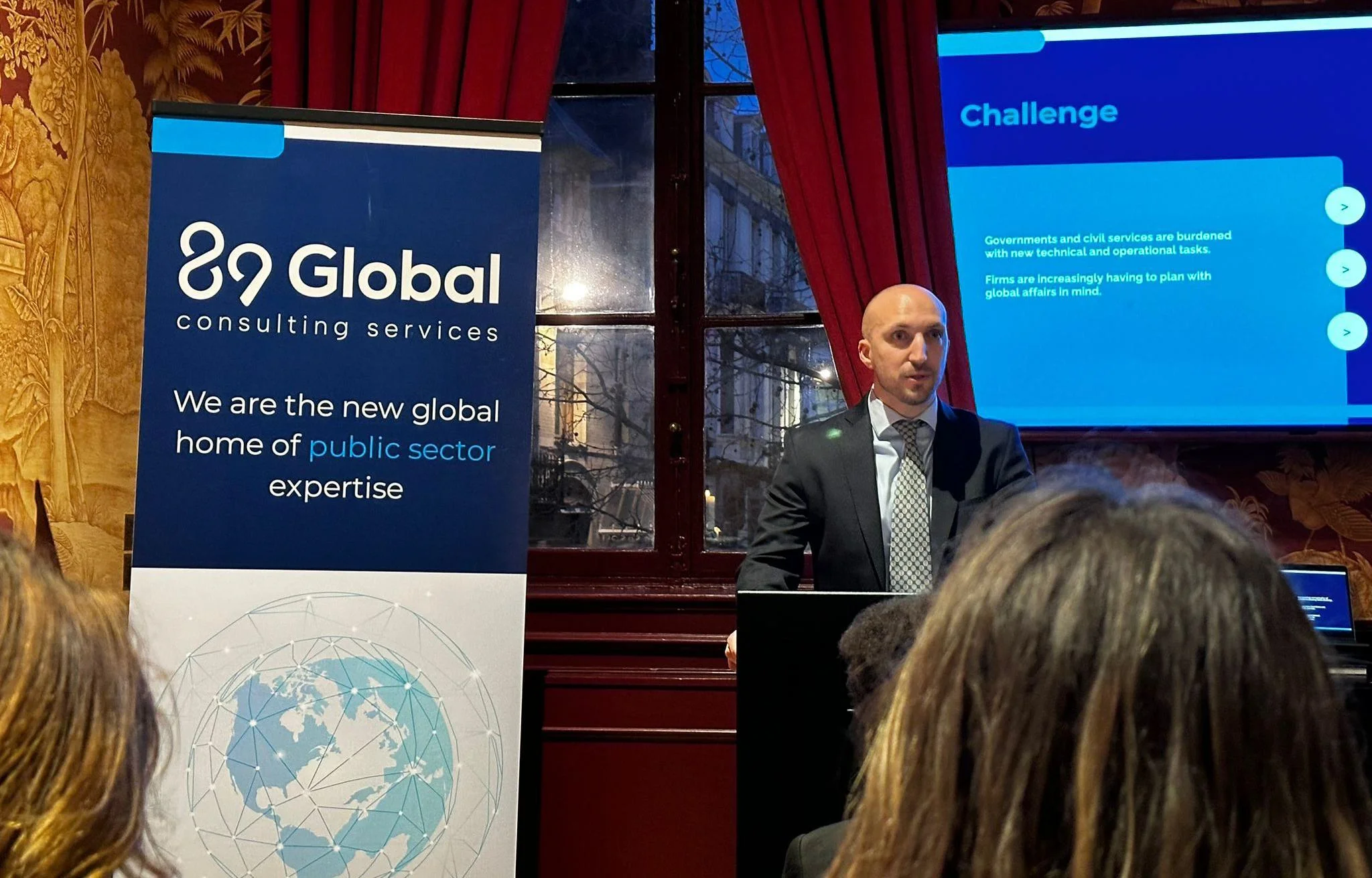
What was it like to facilitate an EU450 Professional Skills Workshop for our students? Do you have career advice to share?
Michael: I enjoyed teaching EU450! It is a great initiative and very much in keeping with the EI’s dual academic and professional offering. For five years, I ran a workshop series on ‘developing policy recommendations’, using expertise developed through my work with the 89 Initiative. This involved me helping students to critically analyse policy issues, understanding gaps and how these can be addressed through measured policy. Through the workshop series, EI students worked in groups to develop structured policy recommendations to the European Commission. I was always impressed by the creativity and ingenuity of EI students.
My advice to students looking to pursue a career in European policy making and advocacy is that the public policy world can become quite siloed and withdrawn from the real world. Don’t be an ‘armchair’ policy maker or analyst – spend time in the locations you’re working on, and with the people you are trying to help; learn their language in more ways than one. This will allow you to retain your emotional intelligence and the creative instinct needed to develop good policy ideas, build partnerships, and ultimately make a real impact.
The EI has been seminal in my career. Doing two degrees here afforded me greater intellectual depth, whilst honing a wider sense of professional purpose.
What is it like being an EI alumnus? Are you still in touch with your peers?
Michael: It is great being an EI alumnus. I made many contacts and friends at the EI, many of whom I remain close to this day. The EI alumni community is exceptionally strong. I’ve noticed that people do try to stay in touch and help each other where possible. There are many of us working in similar or related fields, and often our work intersects. It is nice when you encounter fellow alumni in a professional setting - there’s always a ‘nudge’ or a ‘wink’, or an LSE anecdote somewhere to help break the ice.
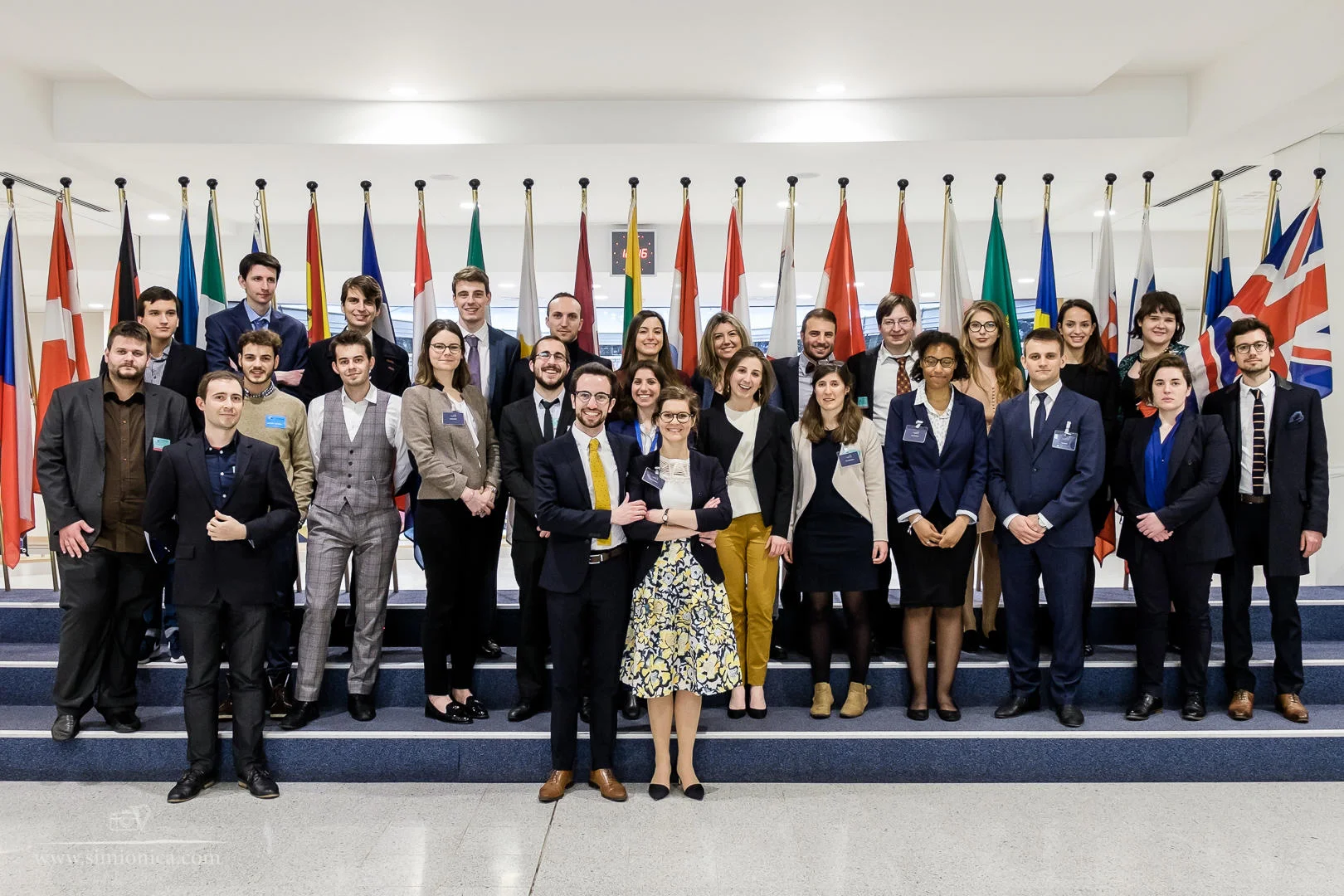
What’s next for you?
Michael: Currently, I am the CEO of 89 Global, which is a new boutique consultancy that grew out of the 89 Initiative. The company advises governments and corporate clients on strategy and policy, with a principal focus on helping to develop - and attract international finance for large scale strategic projects involving public sector investment. At the moment, 89 Global conducts its principal activities in Ukraine, where it is involved in several reconstruction and economic recovery projects in the agriculture, energy, and water sectors. We plan to remain involved in the reconstruction of Ukraine for the long-term while diversifying our geographical focus over time.
At the core of 89 Global is an expert network that we’ve developed over several years. This network is used to support our core teams with external expertise, based on the needs of a project. Ultimately, our aim is to offer specific elite-level expertise in every scenario. We aim to expand and deepen this network, using technology to help scale 89 Global’s offering more broadly.
Thank you Michael for sharing your incredible journey with us!

